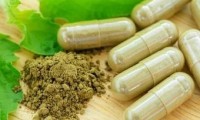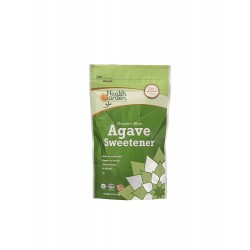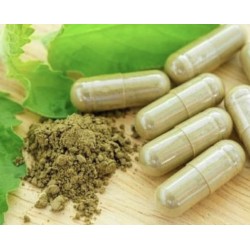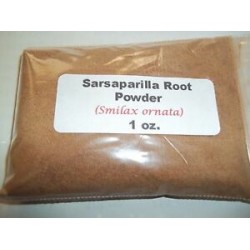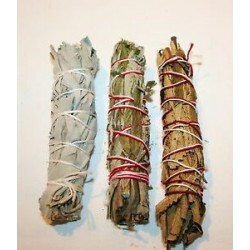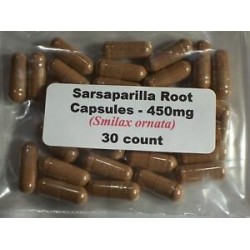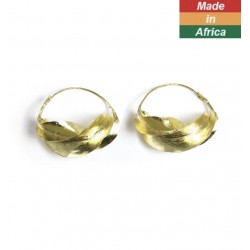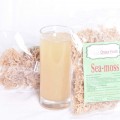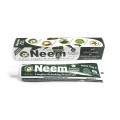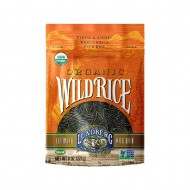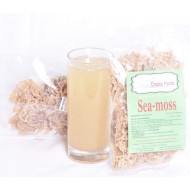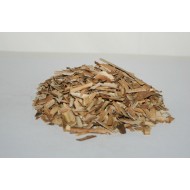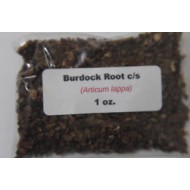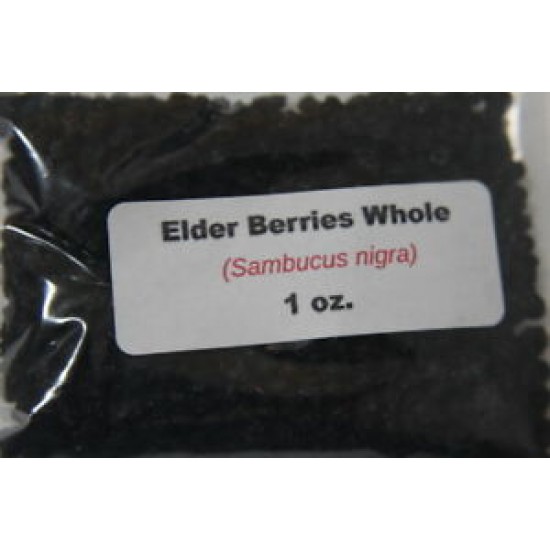
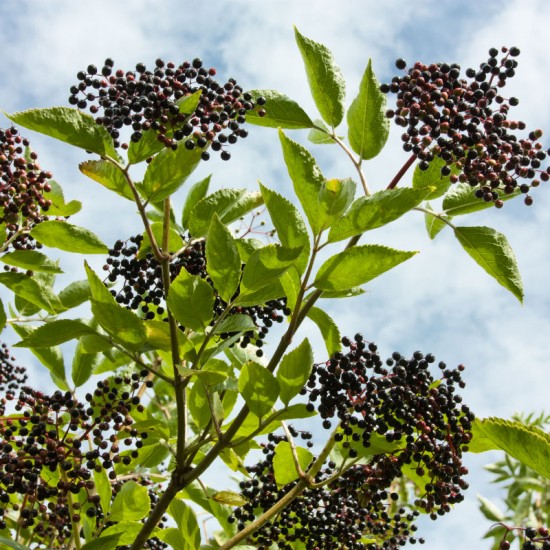
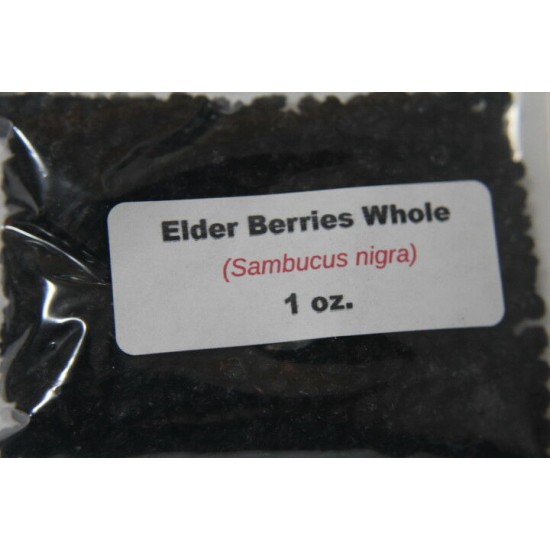
New



1 oz. Elderberries Whole (Wildcrafted, Sambucus nigra)
$13.99
Ex Tax:$13.99
- Stock: In Stock
- Model: Elderberries Whole
Uses:
- Use in potpourri mixtures and floral displays.
- Use in tea blends
- Use in jams, syrups, cordials and wines.
Origin: Croatia
Active compounds: Contains vitamins A, B, and C. Potassium nitrate, flavonoids (rutin and quercetin), anthocyanins, sambucin, sambunigrin, palmitic acid, chlorogenic acids.
Other names: Black Elder, Common Elder, European Elder, Black-berried European Elder, German Elder, Boor Tree, Pipe Tree
Storage: Store in a sealed container in a cool, dark place.
Alkaline herbs are a great way to start or end your day. You can steam them in boiling water for 5 to 10 minutes to make tea or grind them to make herbal capsules or powders. You can also create tinctures, decoctions, infusions, hair & body products.
Herbs and spices do not generally spoil, but they do lose some potency over time, which is why we offer the sizes we do. How they are stored will play a large role in how long they retain their potency. They should be kept in paper bags, in a cool, dark, dry place. Whole herbs can last up to 3 years, cut and sifted or ground will last up to 2 years.
Elderberry is the fruit of the elder tree, a flowering shrub that is a member of the honeysuckle family. Although the tart berries improve in flavor with cooking, the leaves and stems are toxic. The highly fragrant flowers, however, are also used in cooking and to produce skin lotions and other cosmetics. Both infusions of the berry and flower are traditionally used to soothe minor skin irritations, while elderberry juice and syrup are known to be taken at the first sign of a cold or the flu.
The fruits of the elder tree are edible, but due to the presence of a cyanide-like chemical they must be cooked first. Whole ripe elderberries, which have gone from green to reddish purple to almost black, have long been used to make pies, pastries, jams, jellies, wine, cordials and syrup. The dried berries are also added to tea blends.
The berries have also been used in times past as a dye or a flavoring. Bulk elderberries are commonly used for their antioxidant qualities, and are a good source of Vitamins A and C. In traditional medicine, the berries were used for their diuretic, astringent and laxative properties.
The information contained in this listing is intended for educational purposes only and is not a substitute for advice, diagnosis or treatment by a licensed physician. It is not meant to cover all possible precautions, drug interactions, circumstances or adverse effects. You should seek prompt medical care for any health issues and consult your doctor before using alternative medicine or making a change to your regimen.


